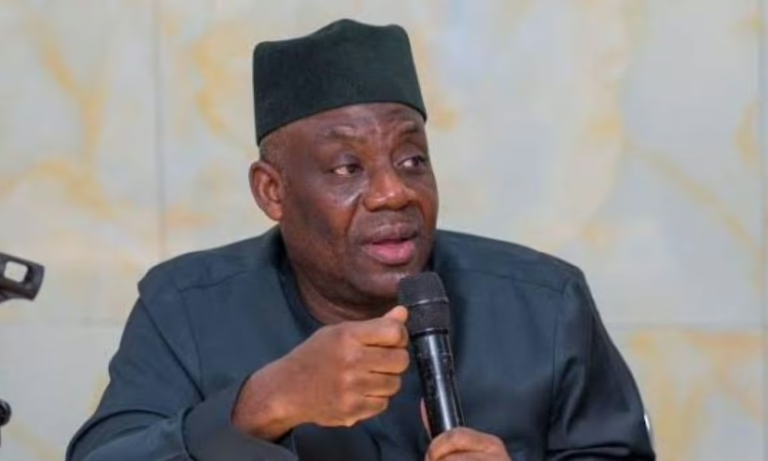The Federal Government has unveiled updated Basic and Senior Secondary School Curricula after conducting comprehensive consultations with diverse stakeholders nationwide.
This announcement was made public on Monday in Abuja by Folasade Boriowo, the Director of Press and Public Relations at the Federal Ministry of Education.
The curriculum revision was led by the Nigerian Educational Research and Development Council (NERDC) under the ministry’s oversight. The process was anchored on competency-based and outcome-driven methodologies aimed at enhancing the educational framework.
Boriowo highlighted that the overhaul was carefully executed through a gradual, inclusive approach to ensure broad participation, national acceptance, and alignment with global educational trends.
“The initiative commenced with a comprehensive needs assessment conducted across 12 states to pinpoint existing deficiencies. This was succeeded by extensive consultations spanning the six geopolitical zones, involving students, educators, parents, civil society organizations, employers, religious and traditional authorities, policymakers, and development partners,” the statement detailed.
She further explained that the feedback gathered shaped the new curriculum structure, which received formal endorsement during the 68th National Council on Education meeting on October 10, 2024. The session, led by the Ministers of Education, included Commissioners of Education, SUBEB chairpersons, professional bodies, civil society representatives, and development collaborators.
The curriculum development process engaged subject matter experts, teacher trainers, industry professionals, and curriculum specialists from across the country. It unfolded in four phases: selecting and standardizing content, drafting, reviewing and refining, and finalizing the documents.
Following the National Council on Education’s approval, the ministry has been rolling out the curriculum in stages over the last nine months. This rollout involved pilot programs in select schools, comprehensive teacher training sessions, and a blend of in-person and online workshops to equip educators for effective instruction.
“The updated curricula integrate competency and outcome-based strategies to prepare students for contemporary and future challenges. They are tailored to support Nigeria’s developmental goals while maintaining compatibility with international benchmarks,” Boriowo stated.
She also noted that detailed information about the revised curricula can be accessed on the NERDC’s official website (www.nerdc.gov.ng), assuring that the implementation process will continue smoothly across all schools nationwide.

















